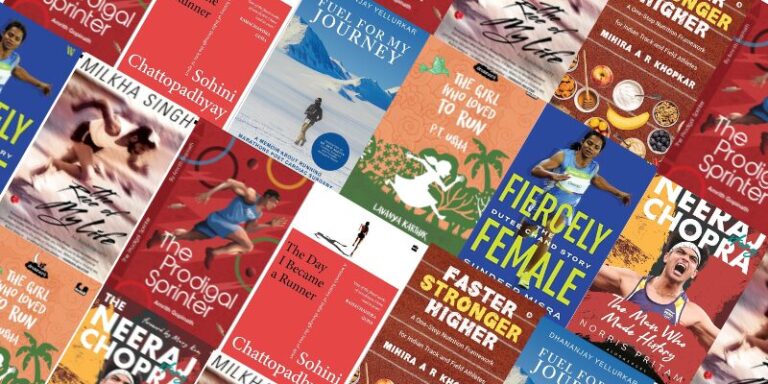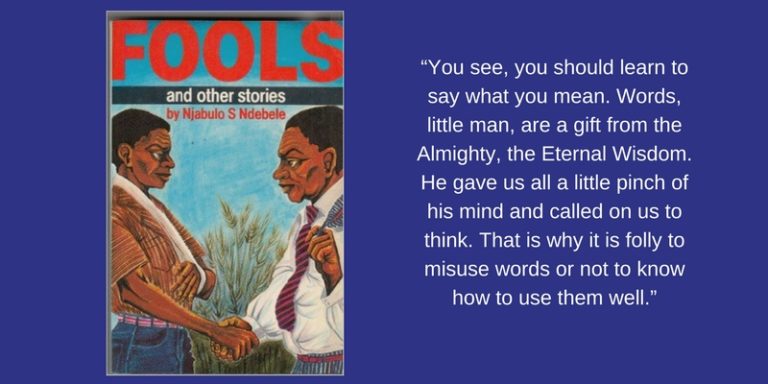Like its precedents, The Greatest Hindi Stories Ever Told selected and translated by Poonam Saxena brings forth 25 stories representing the finest short fiction in Hindi literature ranging from Premchand, Mannu Bhandari to Uday Prakash, Sara Rai. Covering a range of subjects, the common themes across the stories include inequality, partition and its aftermath, modernity etc.
We encourage you to buy books from a local bookstore. If that is not possible, please use the links on the page and support us. Thank you.
The Introduction starts with a beautiful note on the refuge bookshops provide and the comforting silence one finds in the pages of a book such as this one. Thoroughly enjoyable, Saxena takes us on a roller-coaster journey letting the readers dip into the translations of stories she enjoyed from the vast depths of Hindi literature.
Stories and Themes
The stories in The Greatest Hindi Stories Ever Told are centred around the partition, religious anomalies, caste differences, family relationships and the position of women. A few of the stories are laced with clever humour like The Soul of Bholaram by Harishankar Parsai which is a satire on bureaucratic (in)efficiency. Shekhar Joshi’s Dajyu leaves a lasting impression on changing human emotions.

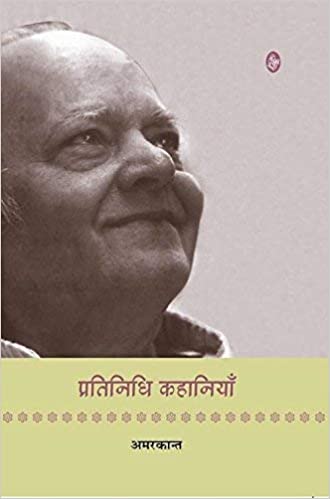
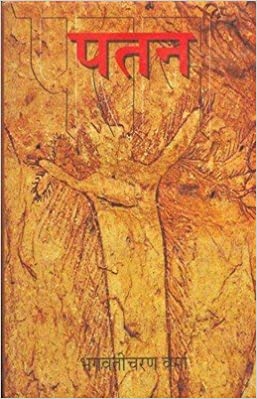
1947: The year that keeps giving stories
Premchand’s The Thakur’s Well reveals the caste difference in society when the designated lower caste was even barred from using the village well. While City of death by Amarkant lays bare the communal fear during riots, Asghar Wajahat’s The Spirits of Shah Alam Camp depicts the chilling politics behind the riots.
Fear by Omprakash Valmiki depicts the reality of deeply entrenched social inequalities, and the story of a man who fears revealing his caste among neighbours rings real and true. Mohan Rakesh’s Lord of the Rubble and Krishna Sobti’s The Times have Changed show how friends turn foes in the wake of the Partition. In Shaani’s War, the writer paints the bitter experience faced by Rizvi during the Indo-Pak war where people looked at the community with doubt.

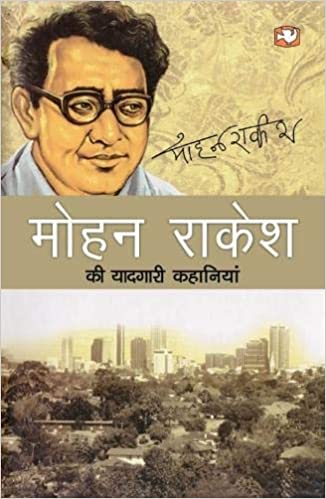
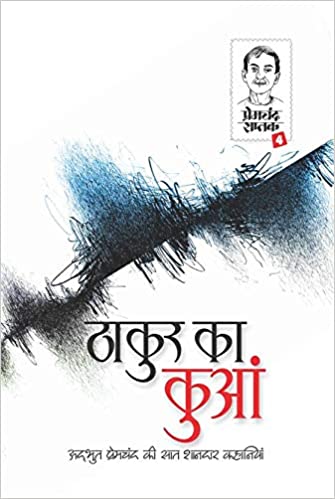
A smile, a laugh
Bhagawaticharan Verma’s Atonement is a satire on the purification ritual that takes place when the daughter-in-law accidentally kills a cat. Phanishwarnath Renu’s The Third Vow deals with a delicate relationship between a bullock-cart driver and a female passenger and is laced with equally subtle humour.
All about the family
Yashpal’s Phoolo’s Kurta, Gangrene by Agyeya, Bhisham Sahni’s A feast for the Boss, he Homecoming by Usha Priyamvada, Escape by Krishna Baldev Vaid, When Lakshmi is Held Captive by Rajendra Yadav, Trishanku by Mannu Bhandari and Forgive Me by Shivani all deal with the relationships within a family, and cover a wide range of themes including child-marriage, post-marital lives of women, internalized colonialism, ageing parents, and more.
Gangrene by Agyeya depicts changes in a woman’s life post-marriage. Malti and her unnamed brother meet a few years after her wedding. He sees the changes in her life, her demeanour and identity loss in the humdrum of daily marital life blending into the unknown leaving her cheerful old self far behind. It is a heartbreaking reality to confront.
Bhisham Sahni’s A Feast for the Boss portrays the internalized colonialism of the post-independent generation and their eagerness to please the English. The Homecoming by Usha Priyamvada relates the story of a man returning home after years of working outside post-retirement from the Railways and finding himself out of place in his family. Each author has subtly but surely captured the helplessness of ageing parents who are visibly out of sync with the times and their own families.
Trishanku by Mannu Bhandari captures the complexity of a mother-daughter relationship. And finally, Forgive Me by Shivani set in the locales of Kumaon ruminates in a past of unrequited love, regret and the shame a woman is put through when she is considered immoral.
Conclusion
I thoroughly enjoyed The Greatest Hindi Stories Ever Told, though it does a disservice to women authors. The collection is sometimes grim, sometimes sweet, and at all times, a wonderful insight into an important, if a slightly over-represented moment in Indian history.
For those looking for suggestions, Saxena’s introduction is filled with names from the Hindi literary world.
Best Quotes
“This is what happens when, even in changing times, you try to protect morality and modesty with established traditions.”
“Human emotions are strange. Even in an uninhabited place, without the company of other people, a person may not feel alone. But one can feel lonely in a crowd of hundreds of men and women, amidst a clamor of voices. Everything can appear unfamiliar and so very alien!”










